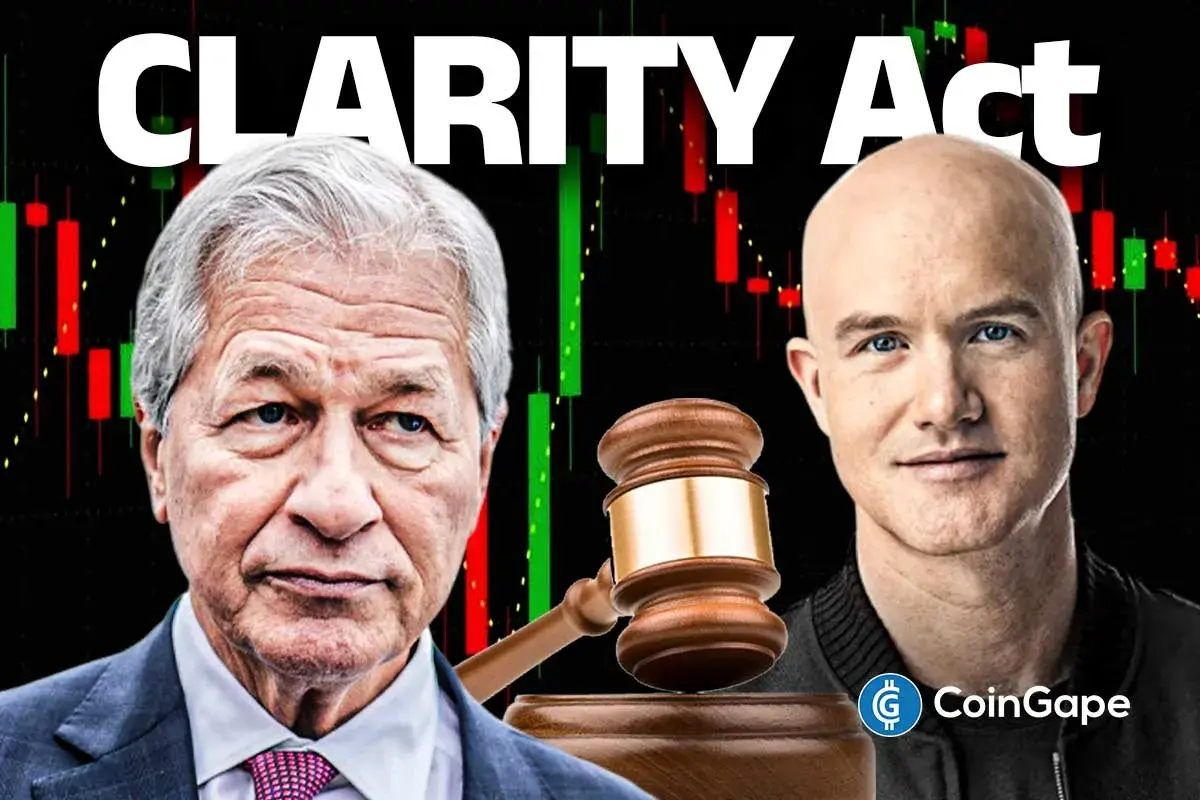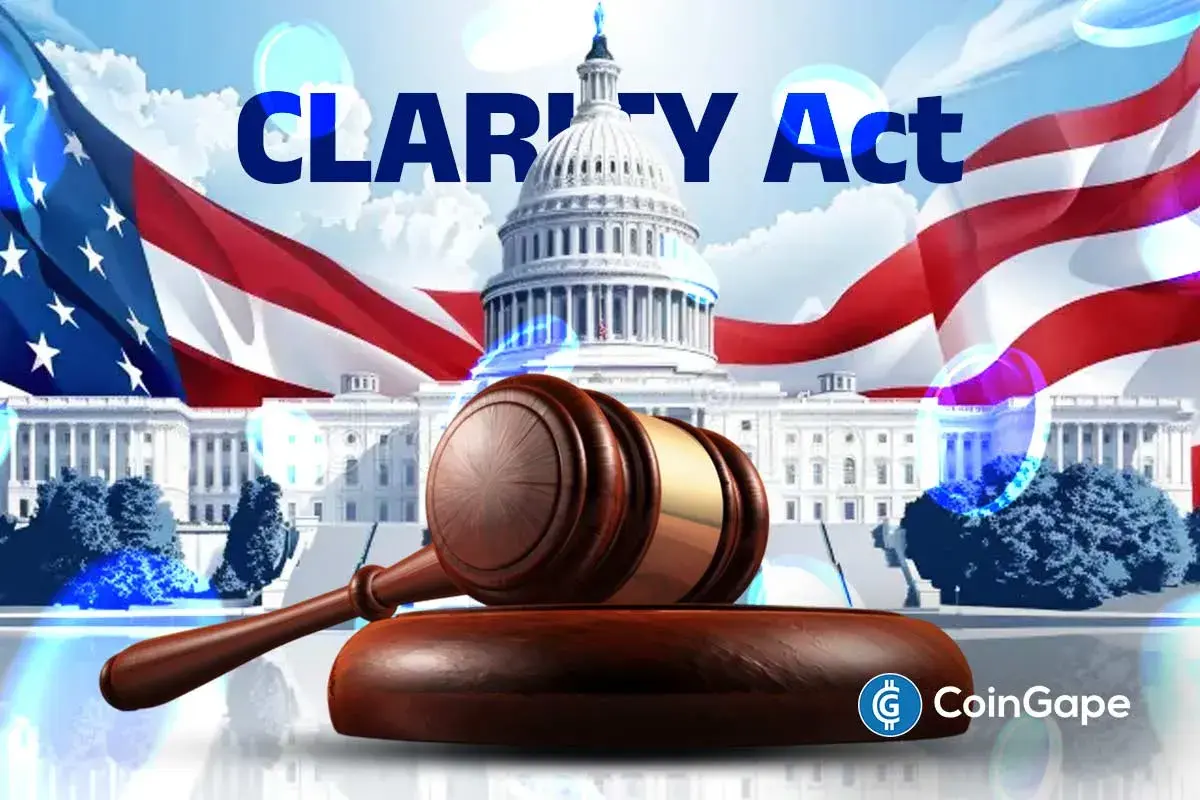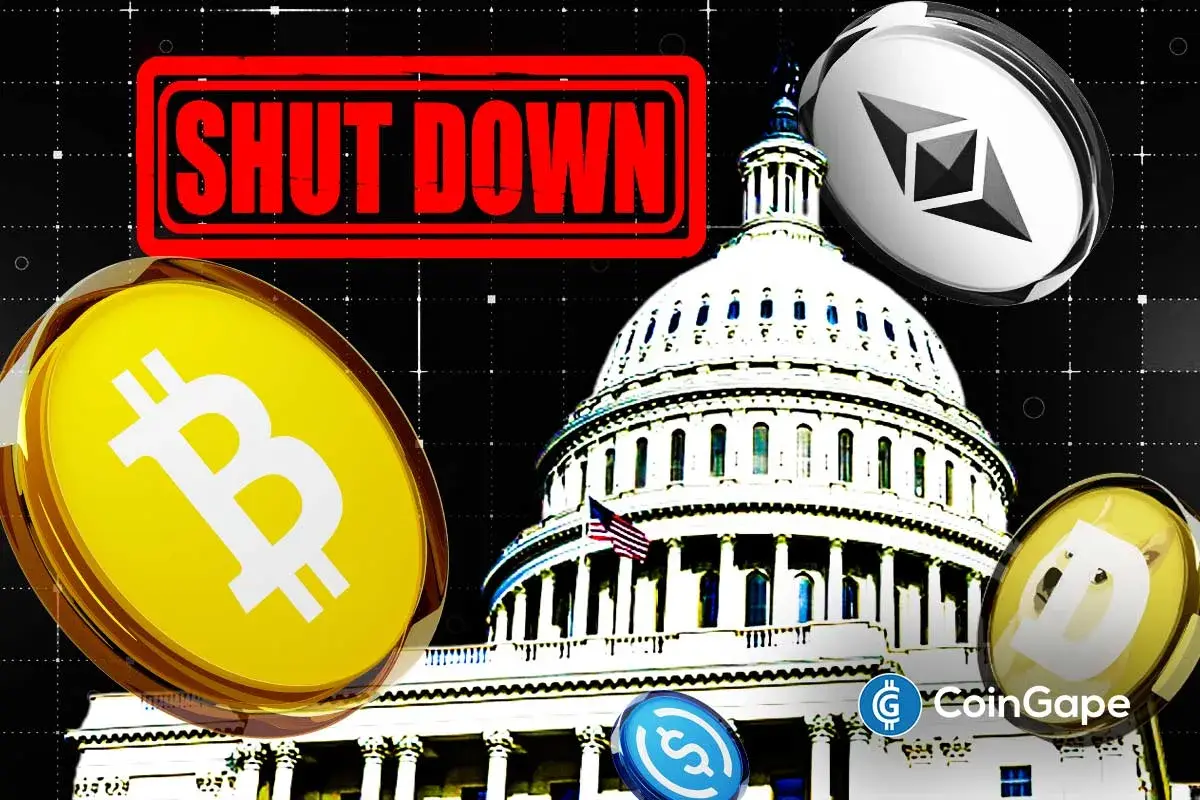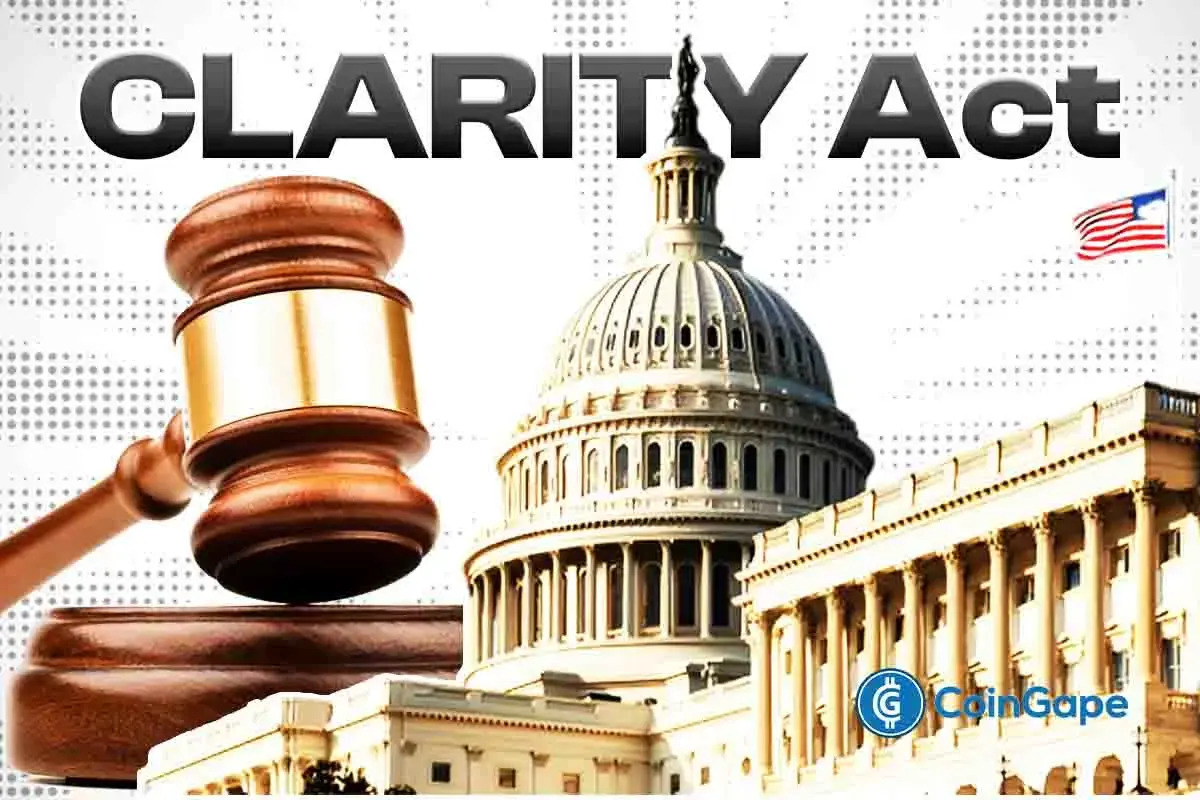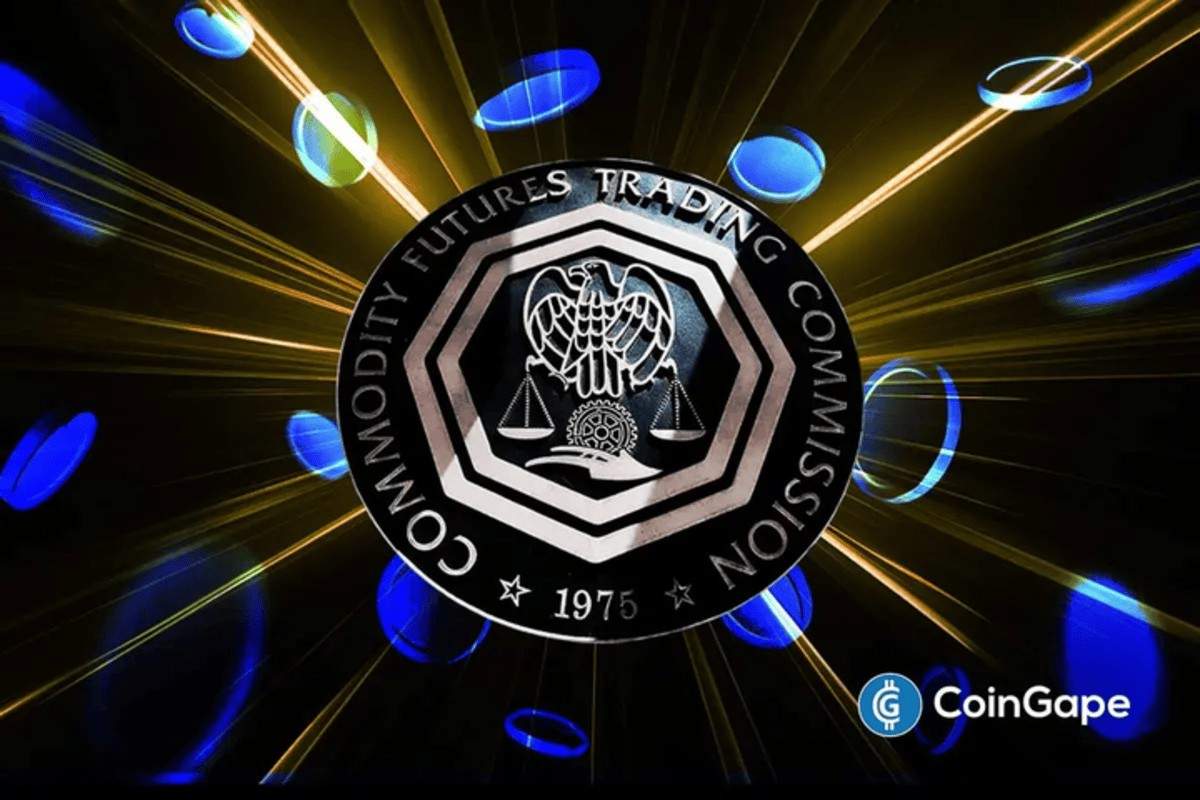US House Republicans & Peter Schiff Counter SEC’s Broad ‘Securities Dealer’ Definition

Highlights
- SEC faces backlash over broadened "dealer" definition in cryptocurrency regulation.
- US House Republicans and Peter Schiff raise concerns about regulatory overreach.
- Debate highlights implications for market dynamics and investor confidence in crypto space.
The Securities and Exchange Commission (SEC) had recently introduced new regulations aimed at regulating cryptocurrency transactions, particularly within the decentralized finance (DeFi) sector. These regulations are designed to enhance investor protection in a rapidly evolving digital asset landscape.
The new regulations proposed by the SEC target various aspects of cryptocurrency transactions, including those involving decentralized finance platforms. Key aspects of these regulations include stricter oversight on digital asset exchanges, requirements for disclosure and transparency, and measures to combat fraud and market manipulation.
Criticism from US House Republicans
US House Republicans have voiced their concerns regarding the SEC’s expanded definition of “dealer” in the context of these regulations. They argue that the broad scope of this definition risks stifling market dynamics, particularly within the digital asset ecosystem. Critics argue that the lack of clarity and consideration for implementation challenges exacerbates these issues, leaving market participants uncertain about their regulatory obligations and potentially disrupting markets.
Peter Schiff’s Critique of SEC’s Regulatory Overreach
Schiff argues that the SEC’s expanded definition of “dealer” represents a clear example of regulatory overreach. He contends that the agency lacks the legal authority to unilaterally change the definition of a “security dealer” without explicit authorization from Congress. Moreover, Schiff warns that such regulatory overreach could have detrimental effects on market liquidity and increase trading costs for market participants, ultimately harming investor interests.
In a recent tweet, Peter Schiff stated,
“How can the #SEC, a government agency, on its own change the definition of a ‘security dealer,’ so that it can regulate something that is not actually a security dealer, without any law having been passed to authorize such regulation? We are a nation of laws, not bureaucrats.”
This tweet reflects Schiff’s fundamental objection to the SEC’s regulatory actions and underscores his belief in the importance of legislative oversight in regulatory matters.
Related News: SEC Enforces New Rules Aimed at Safeguarding Crypto Investors
SEC’s Response and Perspective on Regulatory Changes
The Securities and Exchange Commission (SEC) maintains that its recent regulatory changes, including the expansion of the “dealer” definition, are essential steps to safeguard investors and ensure the integrity of financial markets, particularly in the rapidly evolving cryptocurrency sector.
The SEC justifies its regulatory changes by pointing to the need for enhanced investor protection and market stability. The agency argues that the expanded definition of “dealer” is necessary to address emerging risks in the cryptocurrency market, including potential fraud, manipulation, and inadequate investor disclosure. By imposing stricter oversight and regulatory requirements, the SEC aims to mitigate these risks and foster greater transparency and accountability within the digital asset ecosystem.
- Will Bitcoin Crash Again as ‘Trump Insider’ Whale Dumps 6,599 BTC
- XRP News: Ripple’s RLUSD Gets Boost as CFTC Expands Approved Tokenized Collateral
- Crypto Markets Brace as Another Partial U.S. Government Shutdown Looms Next Week
- $40B Bitcoin Airdrop Error: Bithumb to Reimburse Customer Losses After BTC Crash To $55k
- ETH Price Fears Major Crash As Trend Research Deposits $1.8B Ethereum to Binance
- Cardano Price Prediction as Midnight Token Soars 15%
- Bitcoin and XRP Price Outlook Ahead of Crypto Market Bill Nearing Key Phase on Feb 10th
- Bitcoin Price Prediction as Funding Rate Tumbles Ahead of $2.1B Options Expiry
- Ethereum Price Outlook as Vitalik Buterin Sells $14 Million Worth of ETH: What’s Next for Ether?
- Solana Price at Risk of Crashing Below $50 as Crypto Fear and Greed Index Plunges to 5
- Pi Network Price Prediction Ahead of PI KYC Validator Reward System Launch





